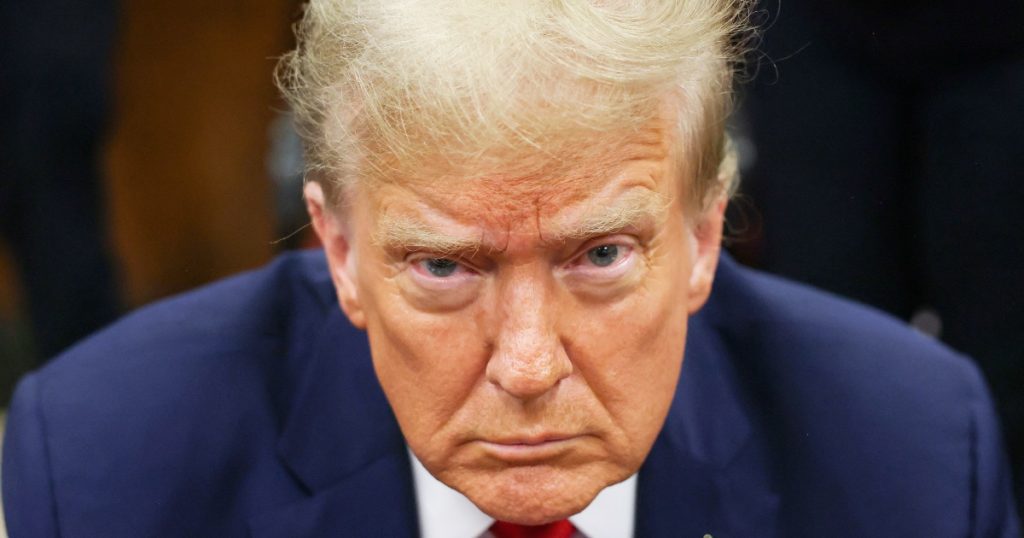A federal judge recently denied former President Donald Trump’s attempt to transfer his New York hush money case to federal court. U.S. District Judge Alvin Hellerstein found that there was no valid reason to grant Trump’s lawyers permission to file a motion. Trump argued that the state judge in the case was biased against him and that the U.S. Supreme Court’s immunity ruling from July presented a federal defense. However, Hellerstein rejected both arguments, stating that a state judge’s alleged bias does not justify moving a case to federal court and that the hush money case was centered on Trump’s personal actions, not his official duties as President.
The judge’s decision came after prosecutors in New York urged the state judge in the case not to allow Trump’s last-minute attempt to move the case to federal court to delay decisions on pending motions. Trump had requested that the jury’s verdict be set aside on the grounds that it relied on evidence of his official conduct, and he also asked for his sentencing to be delayed until after the November election. The DA’s office opposed Trump’s efforts to overturn the verdict and argued that the impact of the “official acts” referred to in the case was minimal. The judge is expected to rule on these matters on September 16, just two days before Trump’s sentencing.
Federal law states that proceedings in the case do not have to be delayed while decisions are pending in federal court. The DA’s office criticized Trump’s tactics as strategic and dilatory, emphasizing that his recent attempt to move the case to federal court came after months of delay tactics. The DA’s office has also stated that they are willing to defer to the judge on the timing of Trump’s sentencing to allow him adequate time to try an appeal, but they still urge the judge to pronounce sentence without unreasonable delay. The focus remains on ensuring justice in the historic state criminal case against Trump.
Trump’s arguments for moving the case to federal court were based on the premise of bias against the state judge and the immunity ruling from a separate case. However, Judge Hellerstein stood by his previous conclusion that the hush money paid to an adult film star was not related to a President’s official acts and therefore did not warrant moving the case to federal court. The judge’s decision underscores the importance of distinguishing personal actions from official acts when determining jurisdiction in legal matters. The upcoming rulings on pending motions and sentencing are expected to provide further clarity on the next steps in the case against Trump.


